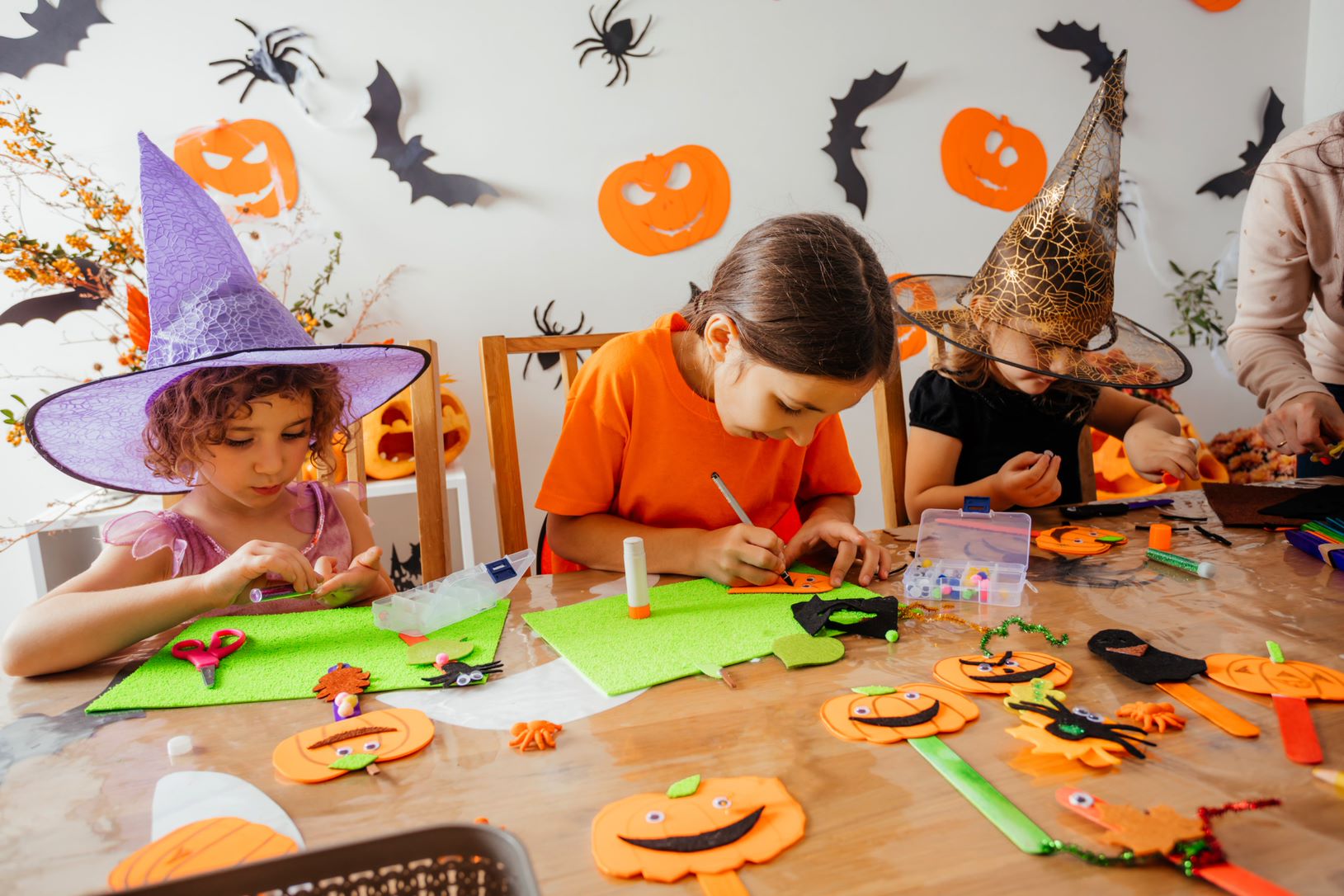Early Childhood Tips & Tricks Articles - Page 5
Is Your Child Right-Handed or Left-Handed?
Sept. 21, 2021

There has been a lot of research since the 19th century about how and why children develop a dominant hand. The capacity to be ambidextrous - use both hands equally - has also been a topic of much debate because there are so few individuals exhibiting this trait. In this article, you will find out the facts about and possible reasons for being left-handed or right-handed and the phenomenon of being ambidextrous.
Helping Your Child with Speech and Language Development
Sept. 16, 2021

Speech and language are an important part of every child’s development, this is a way to communicate, understand, express, and develop relationships. Speech delay may affect the child’s learning and socialization skills. Continue reading to find out the levels of child's speech development according to their age.
Toddler`s Speech Development at the Age of 2‑3
Sept. 13, 2021
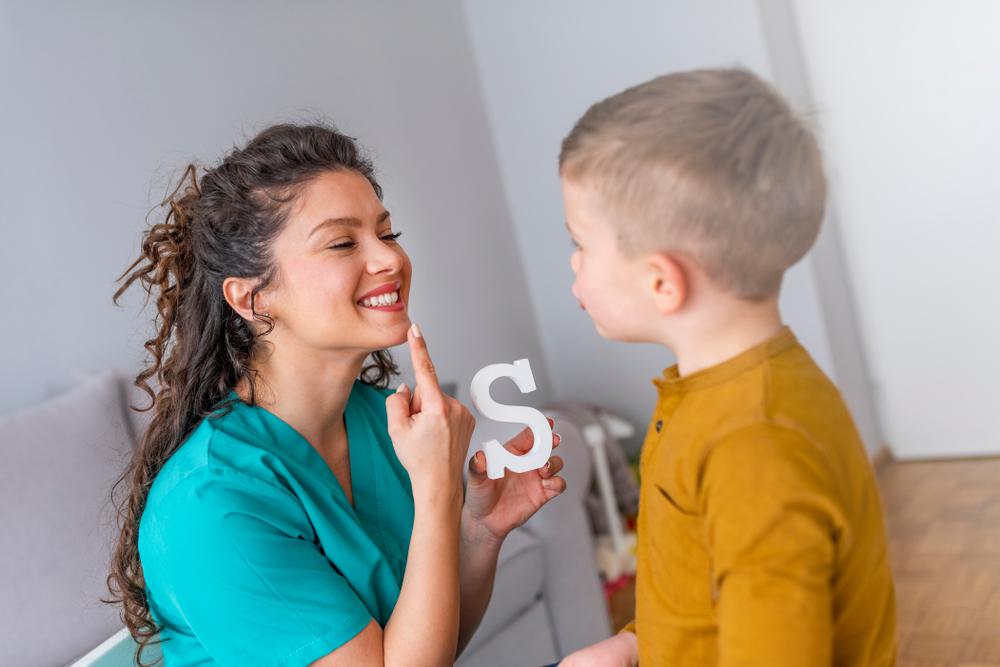
Toddler`s speech development at the age of 2‑3 is characterized by a number of distinctive features, in which several parameters can be conditionally distinguished. Continue reading to find out more about these parameters and exercises you may apply to enhance your young kid's speech development.
Teaching Healthy Coping Skills and Calming Strategies
Sept. 7, 2021
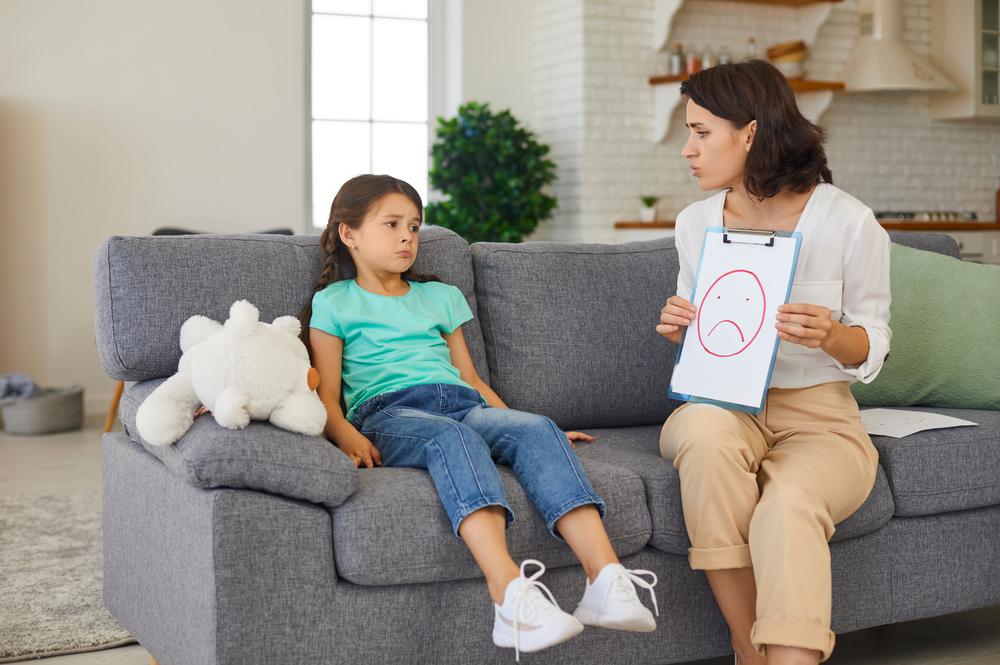
Stress, worry, irritation, and frustration may all be triggered by situations that require emotional self-regulation. Anxiety can affect neurodivergent learners' ability to understand and use communication, as well as their ability to deal with sensory input, working memory, the flexibility of thinking, and social imagination. Individualized coping techniques are therefore required, taking into consideration the learner's skills, preferences, and familiarity with a particular setting.
Top Mistakes to Avoid When Teaching Kids to Read
Sept. 7, 2021

These days, kids seem to be learning to read earlier than ever before! After all, preschool and kindergarten seem to have tougher expectations for children as they enter the classroom for the very first time. If you’re interested in getting your kid reading sooner rather than later, read this article to discover the top mistakes to avoid when teaching your child to read, and learn what you can do instead to foster your child’s skills and love for reading!
The Top 3 Skills Little Learners Should Know When Entering School
Aug. 30, 2021

This fall, kids around the country are reentering school, some of them attending a face-to-face environment for the very first time! It’s only natural for parents to feel a bit anxious wondering about whether their kids have what it takes to be successful considering the challenges of the past school year. Join us as we discuss the top three skills your child needs to be successful in school and keep reading to find a breakdown of what your little learner should accomplish before entering pre-k, kindergarten, or 1st grade!
The Benefits of Play-Based Learning
Aug. 25, 2021
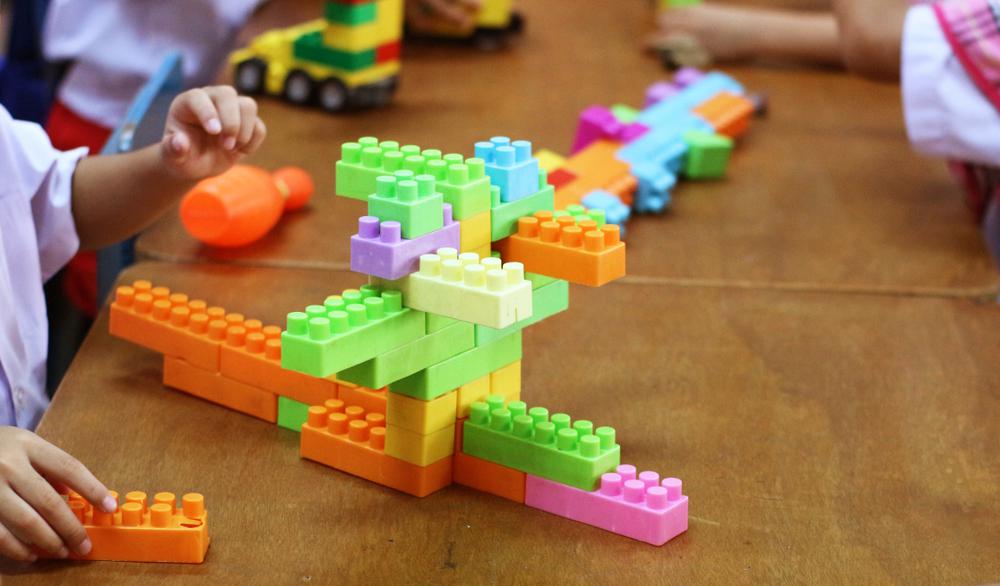
This year has been a difficult one for lots of reasons. Rising numbers of parents and caregivers have been homeschooling their children, whilst working full-time jobs in the midst of a global pandemic and this has added new unprecedented strains and stresses. It has also meant that caregivers have had to be adaptable and creative about the way they educate their children.
5 Easy Ways to Develop Your Child’s Social Skills
Aug. 17, 2021
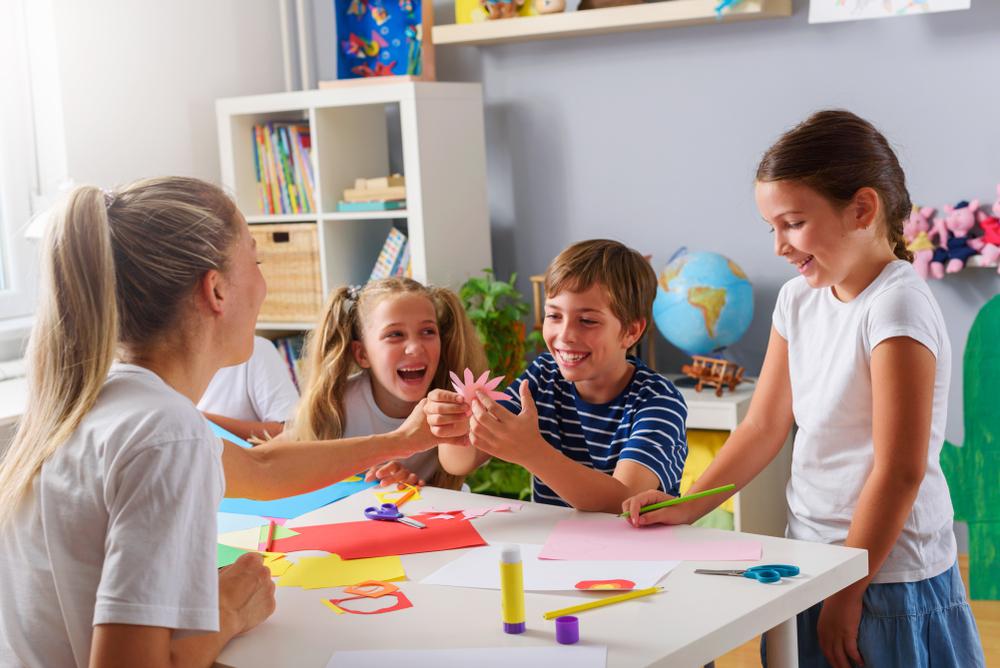
Communication and interaction with others are facilitated by social skills, which include gestures, body language, and personal appearance. Understanding how we communicate with people, the messages we convey, and how we may modify communication strategies to make our communication more efficient and successful is essential to developing social skills. Establishing and building children’s social skills can help kids create objectives for themselves and build healthy connections with others. Keep reading to find out which strategies to use to perfect the social skills of your little one!
Ways In Dealing with Tantrums
Aug. 10, 2021

Going to the mall or eating out might be a problem for parents with a toddler, there will be a lot of chasing, yelling and you cannot keep your eyes out from your child for a minute. But going out is even more difficult for parents with a child who throws tantrums. Tantrums are not just about crying to get and do what they want, this is also the child’s way to get your attention. Keep reading to find out more about tantrums and the ways to deal with them.
Speech Development of Children Aged From 1 to 2
July 20, 2021

By the age of 12 months, there are already 8-10 words in the active dictionary of a child, and from that moment the verbal period of speech development begins. By the second year, the number of words in the active dictionary increases to 300-400, of which children can build simple sentences of 2-3 words. It would be a mistake to assume that all this comes to the child spontaneously, of course. To develop speech, it is necessary to communicate with adults, which contributes to the formation of thinking and speech, and the development of cognitive activity.







